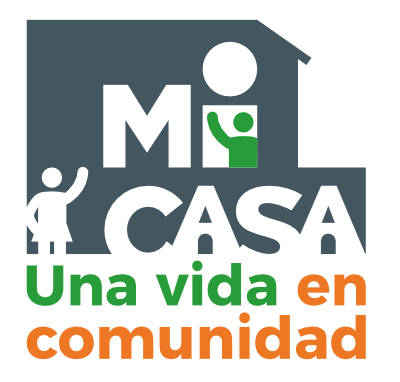The project ‘Mi Casa: una vida en comunidad’, led by Plena Inclusión España, consists of establishing a new model of care for people with disabilities who require more support. This model will allow them to choose how and with whom to live, and will provide them with opportunities to interact with other people in their towns and neighbourhoods.
Cluster SIVI, in collaboration with Plena Inclusión, has worked on implementing various technological solutions in the homes included in this project. These technologies promote the autonomy of people with the greatest support needs, manage their social activities and adapt homes to the individual circumstances of each person.
During the project, more specifically on May 14, 2024, a seminar was held to disseminate the first results of the application of these technologies. During the seminar we presented some experiences of use and shared conclusions and challenges of the results report:
- The more technology is used, the greater the sense of control over it. Therefore, it is necessary to give people time to become familiar with the technologies.
- People who require less support show greater digital literacy.
- Technologies have a greater impact on older people.
- The positive perception regarding the help that technologies provide for people with disabilities has increased.
- In those homes where more technologies are applied, learning has been greater.
- The longer people are allowed to use technology, the more they learn how to use it.
- Personal and professional factors influence users’ experience with technology.
- There is a preference for tools to control the environment and basic activities of daily living.
- Professionals experience greater complexity in their task during the first months of application of technologies, although this feeling decreases over time.
- 68 different types of technological solutions have been identified. Environment control technologies, such as Alexa, have been rated as the easiest to use.
- There are different perceptions between professionals and people with disabilities.
Future challenges:
- It is crucial to delve into a more personalized approach to the implementation of these technologies.
- We must analyze the context and address the change in organizational culture that this implies.
- We will continue to test new uses of technologies and withdraw them if they do not contribute to the improvement of quality of life.
- We need shared spaces to bring together these experiences of use and discuss them.

